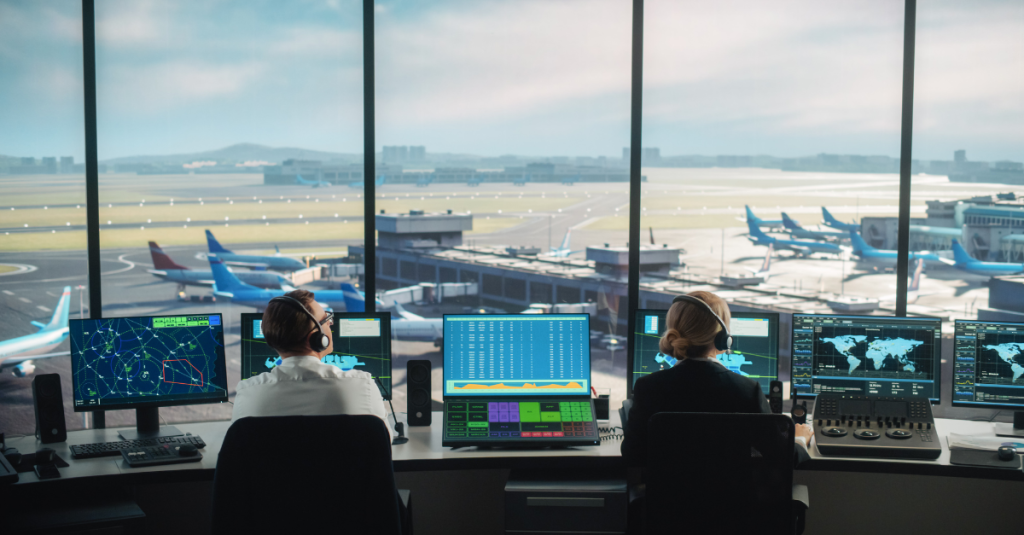Ryanair has raised alarming concerns about the state of European air traffic control (ATC) services. Recent disruptions due to ATC deficiencies have caused extensive delays.
The airline reports that over 30% of its flights were delayed on certain days, a situation it finds unsustainable. This raises the need for urgent reforms.
European air traffic control has been under scrutiny due to a wave of delays and cancellations affecting multiple airlines, including Ryanair. On specific days, more than 30% of Ryanair flights were delayed, attributed to ATC deficiencies. The pressure on airlines is significant, with staffing shortages and equipment failures compounding these issues.
Wizz Air has also reported challenges, blaming a combination of slot management issues and unusual weather patterns. These elements have overwhelmed ATC capabilities, resulting in an industry-wide ripple effect on schedules.
Eurocontrol’s statement pointed to a significant increase in 2024 traffic, exacerbating existing challenges. With traffic up by 7% from 2023, delays not attributed to weather have reportedly decreased, yet the overall increase in air travel highlights the need for robust operational strategies.
Wizz Air, alongside Ryanair, has insisted on negotiations with air traffic management authorities to address these chronic inefficiencies. The collaborative stance from airlines reflects the shared industry sentiment that the status quo is untenable.
Despite these challenges, airlines are striving to mitigate effects through internal adjustments. However, the systemic nature of ATC issues means that individual airline efforts can have limited success without broader industry reforms.
Despite internal strategies, the overarching need for systemic reform cannot be overstated. Airlines continue to advocate for long-term solutions that address the root causes of ATC inefficiencies.
Long-term strategic planning and investment are essential to adapt to increasing air travel demands. The cooperation between stakeholders will play a pivotal role in shaping the future efficiency of European airspace management.
In conclusion, the need for improvements in European ATC services is apparent. Collaborative efforts are crucial to rectify the current inefficiencies.
By addressing these challenges, the industry aims to improve reliability and efficiency for both airlines and passengers.

